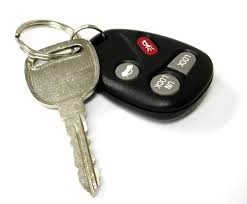According to the Federal Highway Administration, there are 41 Million licensed drivers age 65 and older on the roads, up from 26 Million, 20 years ago. For most of us, driving is the way we are able to maneuver through our days with ease and with independence. As we age, our hearing and eyesight diminish, our muscles weaken, our reflexes slow, and our attention span shortens. The question often arises for many of our clients to “When is it time to hang up the keys?” Nobody wants to be that person that tells their loved one that they have to give up their driving privileges. However, depending on the severity of the impairments, it may mean the difference between life and death. Not just for your loved ones but also for the other drivers on the road.
Here at Woods Law office, we understand that driving is often seen as an independence issue. Many of our families come to us when mom or dad is not doing well physically or mentally. While physical impairments necessarily render a family member without the ability to drive a vehicle, it is not that clear cut when one has a medical mental impairment such as Dementia or Alzheimer’s disease. After all, our parents have been driving since before we were born! How do we now tell them that they should not drive anymore? How do we take their independence away? Excuses I often hear from family members are: they only drive to the store right down the street or they don’t go very far. Or the best one is: dad has dementia but mom is ok and she directs him on where to drive!
Stay tuned for signs of poor driving abilities and possible solutions.


